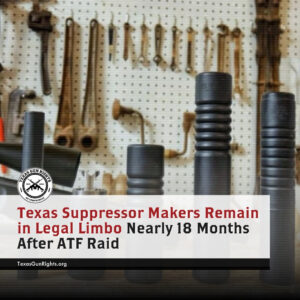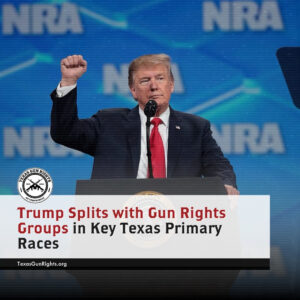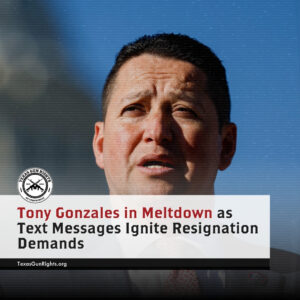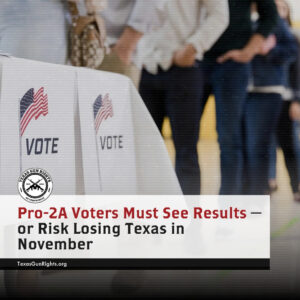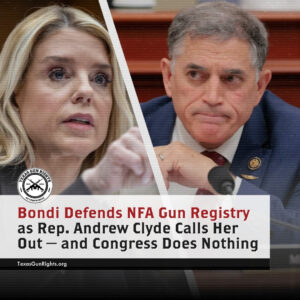Will Constitutional Carry become law across the entire United States?
Earlier in December, Rep. Thomas Massie (R-KY) urged Congress to support his National Constitutional Carry Act. Constitutional Carry is the simple concept that all law-abiding individuals should be allowed to carry a firearm without having to beg the government for permission.
Constitutional Carry is the law of the land in 29 states nationwide. In the following states, law-abiding residents can carry firearms without having to obtain a government permission slip: Alabama, Alaska, Arizona, Arkansas, Florida, Georgia, Idaho, Indiana, Iowa, Louisiana, Kansas, Kentucky, Maine, Mississippi, Missouri, Montana, Nebraska, New Hampshire, North Dakota, Ohio, Oklahoma, South Carolina, South Dakota, Tennessee, Texas, Utah, Vermont, West Virginia, and Wyoming.
Massie’s bill would turn the entire U.S. into a Constitutional Carry zone. The overwhelming majority of blue states don’t have Constitutional Carry on the books. The National Constitutional Carry Act aims to rectify that. According to the text of Massie’s bill, this act’s main purpose is to “enforce the rights protected by the Second and Fourteenth Amendments against the States.”
Additionally, Massie’s legislation highlights the following, “No State or political subdivision of a State may impose a criminal or civil penalty on, or otherwise indirectly dissuade the carrying of firearms (including by imposing a financial or other barrier to entry) in public by residents or nonresidents of that State who are citizens of the United States and otherwise eligible to possess firearms under State and Federal law.”
Since he was elected to the U.S. House of Representatives in 2012, Massie has emerged as the premier defender of gun rights in Congress.
The Kentucky Congressman can be counted on to defend the right to bear arms. Moreover, Massie is willing to go the extra mile by introducing legislation to expand gun rights. Massie’s mindset lies in stark contrast to the way politicians conduct business in D.C. Namely, they like to say they’re pro-Second Amendment but either do nothing to restore gun rights, or in worst case scenarios, they team up with the establishment to pass gun control.
This frustrating facet of D.C. culture has made passing pro-gun legislation at the federal level next to impossible in the last few decades. However, the political dynamics currently in play may be favorable for gun owners. The large momentum coming from the passage of Constitutional Carry in multiple states over the last decade and the incoming Republican trifecta at the federal level is indicative of a notable political shift. The fact Donald Trump was able to win the popular vote in the 2024 election cycle shows there’s a clear demand among the electorate for right-wing policies to be implemented.
Massie is one of the few Republican elected officials who knows what the political score is. He’s not afraid to push the envelope or end up being the sole voice of reason in Congress. However, those days of being on a political island might be over for Massie. The rise of the America First faction in the GOP, which consists of representatives ranging from Rep. Andy Biggs (R-AZ) and Marjorie Taylor Greene (R-GA), has now given Massie a new coalition of allies he can work with in the halls of Congress.
Thanks to the hard work of pro-gun activists over the course of multiple decades, we’re now at a moment in U.S. political history where considerable gains could be made in D.C. Naturally, this won’t be a cakewalk due to establishment type Republicans tend to still have considerable power within the party.
Nonetheless, there are novel opportunities for gun owners to make a difference. One man can make all the difference in political fights. That said, a one-man show is not a sustainable model for making concrete political progress in the long-term. Massie will need help from the grassroots to ensure his legislation could be brought to the House floor for a public vote.
All hands will have to be on deck for genuine pro-gun reforms to be made in the next few years.


